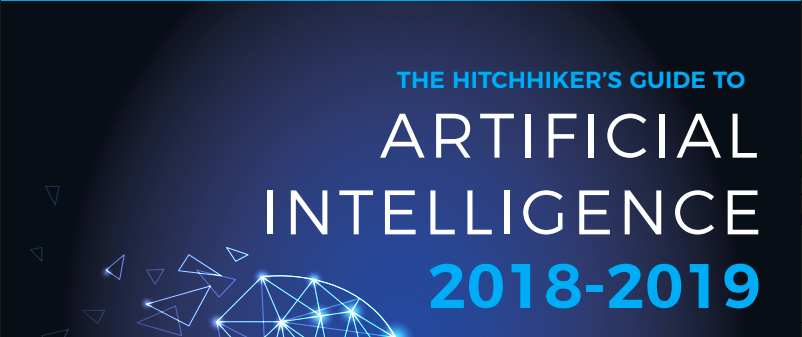The last few years have been exciting for the e-learning industry as it evolved dynamically to accommodate the latest advances in technology and changing user expectations. It experimented with different e-learning tools, delivery methods, and platforms. Looking ahead, this space is headed for further transformation as the conventional, one-size-fits-all approach of learning becomes passé; and personalized, interactive content becomes the order of the day.
Let’s look at the key trends that will drive the e-learning transformation in 2024 and beyond:
- Keeping it Short: In 2017, lengthy, content-heavy course modules will give way to short, bite-sized courses. Survey results indicate that human attention span has been shrinking and Millennials have an average attention span of mere 90 seconds. Thus, the mantra for e-learning institutes is to keep the content short and crisp. Given this fact, microlearning, a methodology of delivering content in very specific bursts, is projected to gain momentum. Expect short learning nuggets of 4-6 minutes, focusing on just one learning objective, which can be accessed on-the-go on smartphones and tablets.
- Thinking Mobile First: Mobile learning has been a top e-learning trend for almost 5-6 years now and this year is no different. In fact, it is here to stay and grow bigger. Major efforts in the last couple of years have been directed towards offering courses that have the ability to run seamlessly on multiple devices—from tablets, smartphones to laptops. As we look ahead, the emphasis would be on adopting a mobile first approach while designing an e-learning course.
- Personalized Content: Personalization has become a buzzword today in every industry and is also slated to receive its fair share of attention in the e-learning domain. As we look ahead, leading institutes will start analyzing data to target learners with specific content customized for them. Armed with data insights, institutes can provide a personalized learning experience for learners based on the skill level. For instance, different content can be served to learners based on their scores in the assessments.
- From Passive to Interactive Video: Recent years have seen a phenomenal rise in the usage of video content thanks to mobile devices with powerful display coupled with high-speed connectivity. According to the findings of a Cisco study, 60% of mobile data traffic today is video, which is expected to account for 78% of the world’s mobile data traffic by 2024. Nearly a million minutes of video content is expected to cross the network every second. The trend of increasing video usage can also be seen in the e-learning domain. Reputed institutes are increasingly integrating video lectures and tutorials in their courses to make learning fun and engaging. Going ahead, we will see the focus moving from passive videos towards making videos more interactive. Typical video courses today cover an entire topic content, which is then followed by an assessment. In order to add more value to the learning experience and measure student comprehension, the emphasis will now be on engaging students within a video.
- The Rise of Social and Collaborative Learning: Social learning is more than just a fad. Forward-thinking institutes are increasingly using platforms where learners can network, share ideas and learn others’ perspective on a particular topic. Going forward, social interaction and collaborative learning through live chats, message boards, or instant messaging to enrich the overall learning experience will gain further traction. The emphasis would be on moving away from one-way learning to collaborative learning, which will encourage teamwork and exchange of ideas for problem-solving.
With all these changes underway, interesting times lie ahead for the e-learning industry. One thing is quite evident, modernizing the learning experience to meet the needs of today’s learners will be the core factor in shaping the future evolution of the industry.
Also Read:
How Gamification Can Transform Education
Adoption of technology in online education







